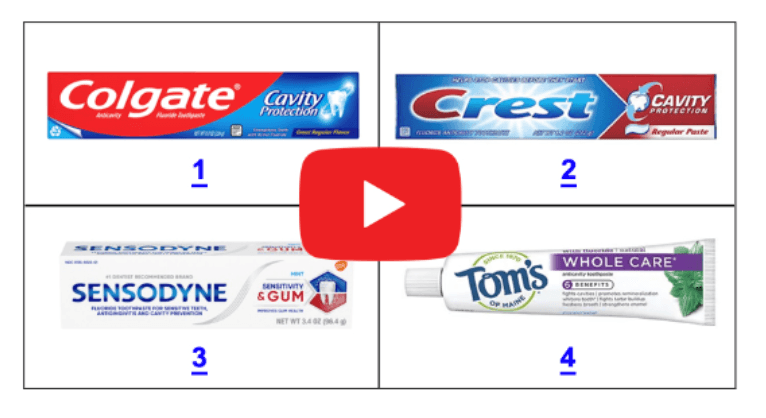Does Creatine Make You Bloated?
For those who have ventured into the world of supplements, specifically creatine, the journey may not always have been smooth. Some have experienced uncomfortable digestive issues or bloating. If this sounds familiar, it's crucial to know you're not alone and you were not imagining things. Research soon to be released indicates that as many as 76% of individuals taking creatine monohydrate experience these side effects. Though these issues are generally short-lived, they can be enough to deter many, especially women, from continuing supplementation.
Creatine monohydrate is perhaps the most recognized form of creatine and has become a staple in the supplement regimen for many gym enthusiasts. Despite its popularity, there are significant challenges,{" much of which pertains to its poor absorption rate. Only around 15% of any given monohydrate dose is actually absorbed into the body if used in the standard five-gram doses. This inefficiency often means users experience temporary weight gain, largely due to water retention caused by the unabsorbed creatine and its effects.
"Do not fear the creatine HCL – you'll dodge the dread and avoid the bloat!"
Often criticisms of creatine HCL pivot on its price compared to monohydrate. Critics point to the cheaper cost per gram of monohydrate, but this view neglects the bigger picture. While creatine monohydrate's gram-per-gram price might be lower, the required dosing is higher. You effectively end up needing only about a seventh of the amount with creatine HCL, making the price per gram an irrelevant point when dosing is comparably reduced. The practicality of less consumption rate mediates the initial cost disparities.
Creating a better experience with fewer side effects, creatine HCL offers a straightforward alternative to creatine monohydrate's common pitfalls. For those apprehensive about overcoming the discomforts of creatine use, this alternative represents a significant leap forward, ensuring peace of mind in both usage and nutritional balance.
From Around The Web
Wellness Inbox is a blog & weekly newsletter that curates trending news and products related to health and wellness from around the web. We also gather content from various sources, including leading health professionals, and deliver it directly to you.
Please note that we may receive compensation if you purchase any products featured in our newsletter. Wellness Inbox is not affiliated with, nor does it endorse, any health professionals whose content may appear in our newsletter. The information provided is for general informational purposes only and should not be considered medical advice.
The information provided is not intended to replace professional medical advice, diagnosis, or treatment. All content, including text, graphics, images, and information available is for general informational purposes only. We do not guarantee the accuracy or completeness of any information presented and assume no liability for any errors or omissions. The content is subject to change without notice. We encourage you to verify any information with other reliable sources and consult your physician regarding any medical conditions or treatments.







